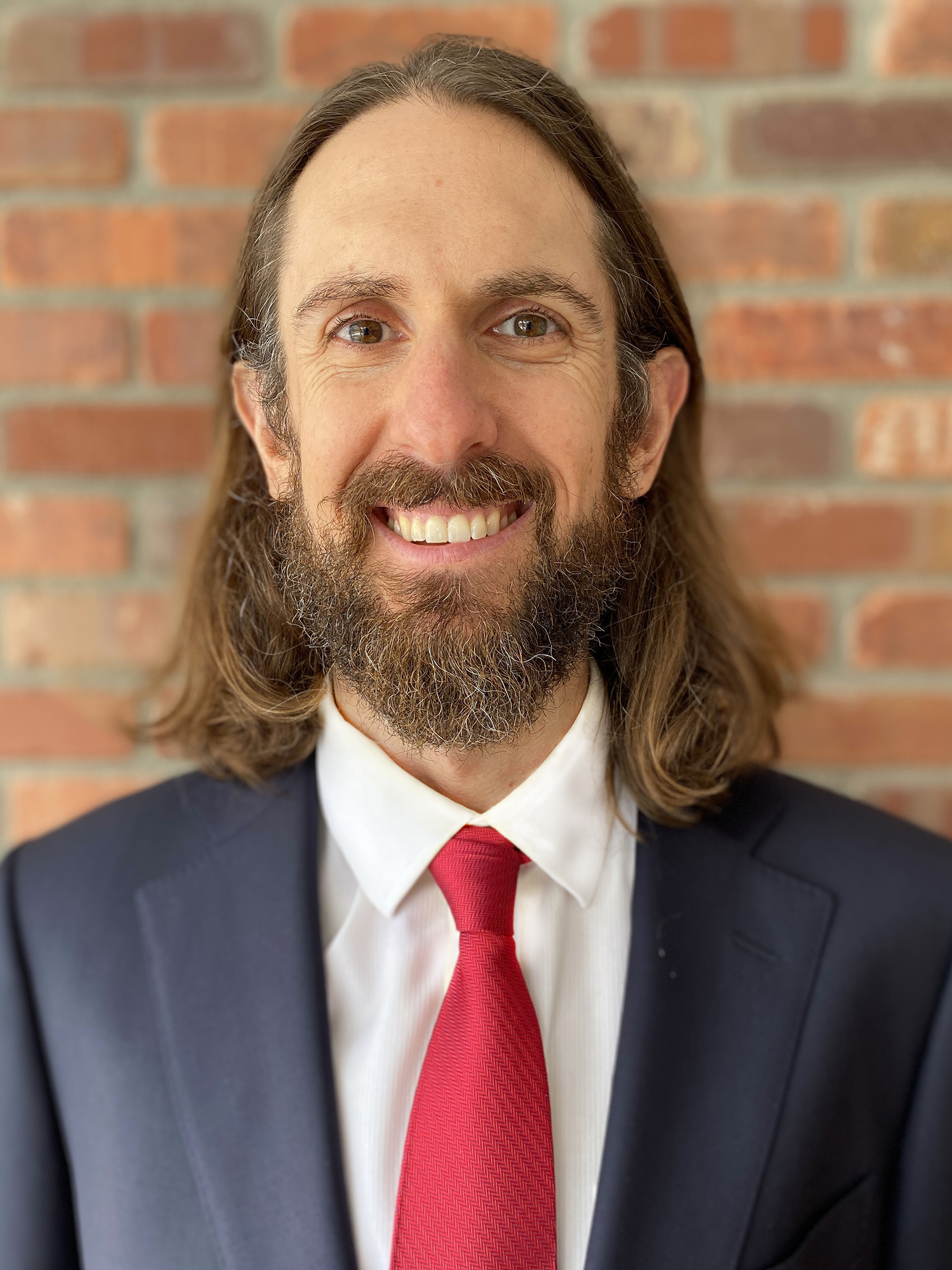
Contact Information:
Personal Links:
Professional Memberships:
Academic Degrees
- Ph.D. Materials Science and Engineering, University of Washington, 2011
- B.S. Bioengineering, University of Washington, 2007
Research Opportunities (Graduate/Undergraduate)
Appointment
- 40% Teaching
- 50% Research
- 10% Service
Curriculum Vitae (CV):
Kievit, Forrest CV_0.pdfAreas of Research and Professional Interest
- Biomedical Engineering
- Nanomedicine
- Nanotheranostics
Teaching Interests
- Undergraduate and Graduate student research experiences
In the News
Inventions/Patents
- Forrest Kievit, Anthony Convertine, Richard Ellenbogen, Patrick Stayton, Pierre Mourad. 2015. Theranostic nanoparticles for treatment of traumatic brain injury. US Patent application 62/237,915 filed 10/6/2015.
Courses Taught
- BSEN 414 - Medical Imaging
- BSEN 989 - Graduate Seminar
- BSEN 244 - Thermodynamics of Biological Systems
About Forrest Kievit
Forrest Kievit is an Assistant Professor of Biological Systems Engineering. He advises undergraduate, graduate, and PhD students, and postdoctoral researchers.
Kievit’s research involves developing nanoparticle-based delivery vehicles for transport into the brain for more effective brain cancer and brain injury treatments. This stems from his career goal to help translate a nanomedicine into clinical use to improve the survival and quality of life of neurosurgery patients.
The vast majority of Kievit’s research has focused on nanoparticle-mediated delivery of nucleic acids into brain tumors. Looking forward, he plans to continue developing nanoparticles that will allow for greater flexibility in therapeutic payload and disease targeting, including brain injury.
He earned his Ph.D. in Materials Science and Engineering from the University of Washington, followed by postdoctoral and research faculty positions in the Neurological Surgery Department. He earned his B.S. in Bioengineering from the University of Washington.
Honors and Awards
- UNL College of Engineering Excellence in Research (2019).
Funding
- “University of Nebraska Collaboration Initiative/System Science Seed Grant: Targeting APE1 and histone chaperone FACT complex in colon cancer,” (June 2019 – May 2021). Nebraska Collaboration Initiative. Amount: $150,000. PI: R. Mahato (Kievit 20%).
- “Nanoparticle-mediated reduction of oxidative stress for the treatment of traumatic brain injury” (July 2019 – June 2024). NIH/NINDS 1R01NS109488-01. Amount: $2,216,406. PI: F. Kievit (100%).
- “Ultrasound as a Mechanotherapy for Endothelial Cell Dysfunction in Atherosclerosis,” (April 2019 – November 2022). American Heart Association. Amount: $136,763. PI: R. Pedrigi (Kievit 5%).
Selected Publications
- Tarudji AW, Kievit FM. Active targeting and transport. In: Nanoparticles for Biomedical Applications, Chung EJ, Leon L, Rinaldi C, editors. Elsevier, 2020, 19-36.
- Miller HA; Magsam AW; Tarudji AW; Romanova S; Weber L; Gee CC; Madsen GL; Bronich TK; Kievit FM. Evaluating differential nanoparticle accumulation and retention kinetics in a mouse model of traumatic brain injury via Ktrans mapping with MRI. Scientific Reports 2019, 9, 1-14. (90%)
- Bony BA; Kievit FM. A role for nanoparticles in treating traumatic brain injury. Pharmaceutics 2019, 11, 473. (100%)
- Stephen ZR; Chiarelli PA; Revia RA; Wang K; Kievit F; Dayringer C; Jeon M; Ellenbogen R; Zhang M. Time-resolved MRI assessment of convection-enhanced delivery by targeted and nontargeted nanoparticles in a human glioblastoma mouse model. Cancer Research 2019, 79, 4776-86. (10%)
- Yoo D; Magsam AW; Kelly AM; Stayton PS; Kievit FM*; Convertine AJ*. Core crosslinked nanoparticles reduce neuroinflammation and improve outcome in a mouse model of traumatic brain injury. ACS Nano 2017, 11, 8600-11. *co-senior authors
- Chiarelli PA, Revia RA, Stephen ZR, Wang K, Jeon M, Nelson V, Kievit FM, Sham J, Ellenbogen RG, Kiem HP, Zhang M. Nanoparticle Biokinetics in Mice and Nonhuman Primates. ACS Nano 2017, 11, 9514-24.
- Kievit FM; Wang K; Ozawa T; Tarudji AW; Silber JR; Holland EC; Ellenbogen RG; Zhang M. Nanoparticle-mediated knockdown of DNA repair sensitizes cells to radiotherapy and extends survival in a genetic mouse model of glioblastoma. Nanomedicine: NBM 2017, 13, 2131-9.
- J. Xu, M. Ypma, P. A. Chiarelli, J. Park, R. G. Ellenbogen, P. S. Stayton, P. D. Mourad, D. Lee, A. J. Convertine, F. M. Kievit. Theranostic Oxygen Reactive Polymers for Treatment of Traumatic Brain Injury. Adv Funct Mater. 26, 4124-33. doi: 10.1002/adfm.201504416 (2016).
- F. M. Kievit, Z. R. Stephen, K. Wang, C. J. Dayringer, J. G. Sham, J. R. Silber, R. G. Ellenbogen, M. Zhang. Nanoparticle mediated silencing of DNA repair sensitizes pediatric brain tumor cells to γ-irradiation. Molecular Oncology 9, 1071-80 doi:10.1016/j.molonc.2015.01.006 (2015).
- F. M. Kievit, S. J. Florczyk, M. C. Leung, K. Wang, J. D. Wu, J. R. Silber, R. G. Ellenbogen, J. S. H. Lee, M. Zhang. Proliferation and enrichment of CD133+ glioblastoma cancer stem cells on 3D chitosan-alginate scaffolds. Biomaterials 35, 9137-43 doi:10.1016/j.biomaterials.2014.07.037 (2014).